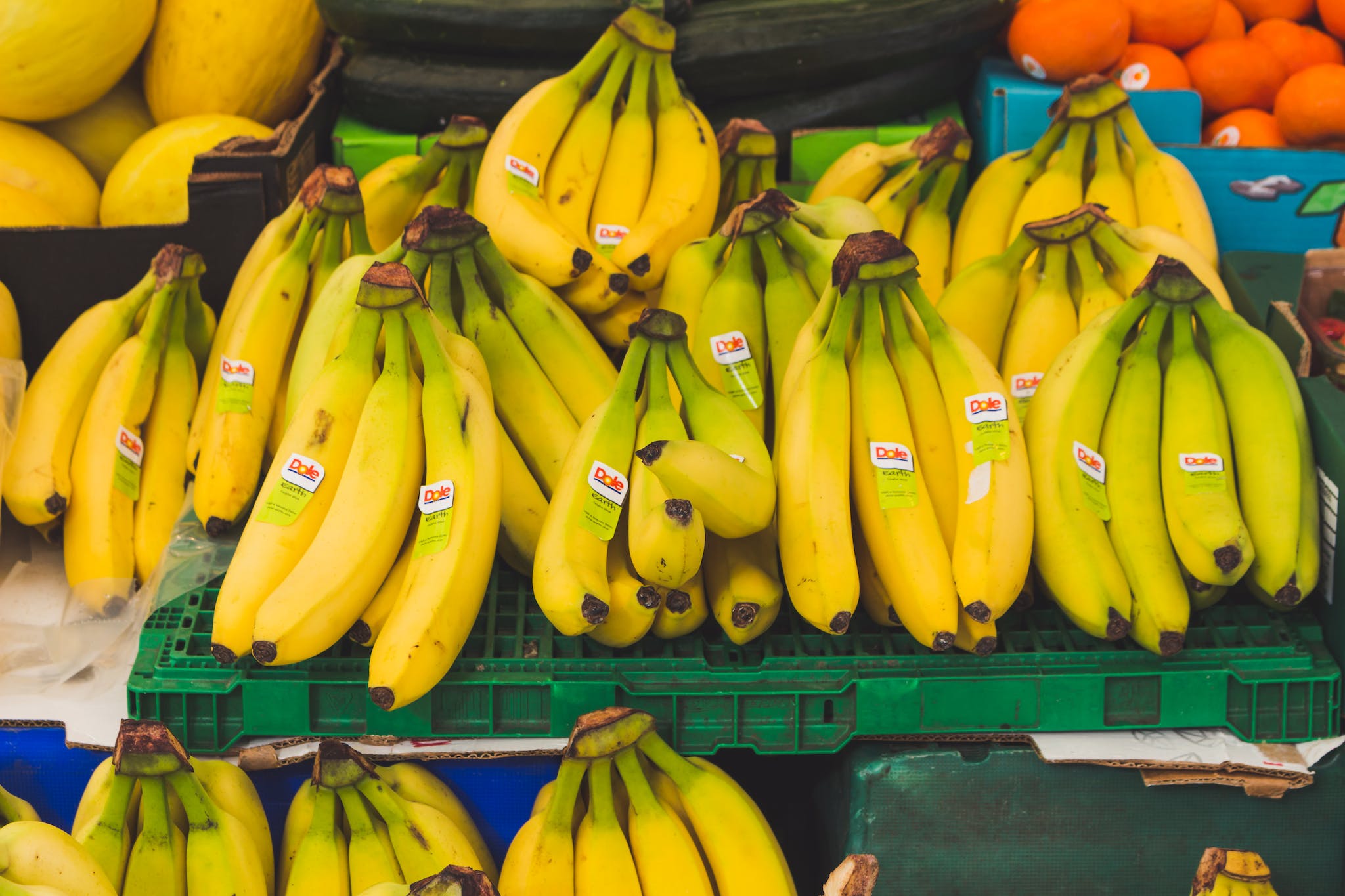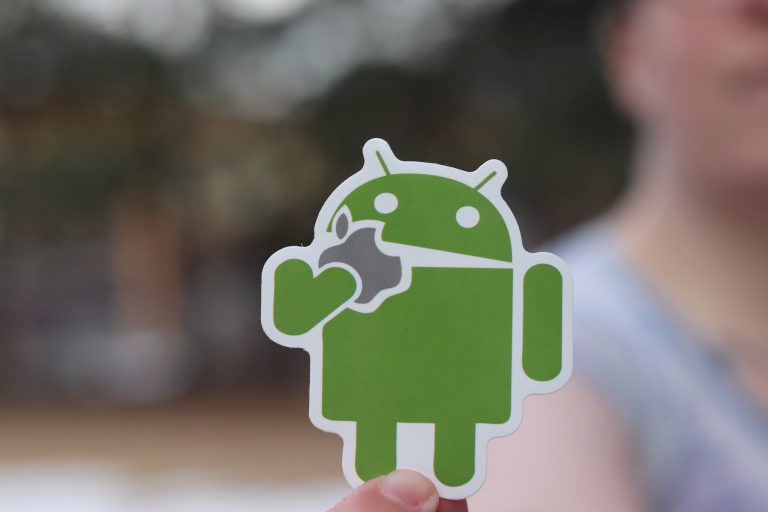Stickers on Fruit: Is it Safe to Eat Them?
Have you ever wondered about the stickers on your favorite fruits? Those tiny little tags that frequently come attached to apples, bananas, oranges, and virtually any fruit available in a grocery store. Often dismissed and overlooked, these stickers hold a world of information and serve several important purposes. This blog post is dedicated to unraveling the mystery of fruit stickers.
Why Are There Stickers on Fruit?
The implementation of stickers in the fruit industry is far from arbitrary. They serve as tiny passports, each sticker identifying the fruit’s country of origin, and even detailing the specific type of produce. This is handy for grocers in tracking and inventory purposes, ensuring that consumers are accurately charged for their purchases.
The existence of these stickers is owed to PLU (Price Look Up) codes – a unique system of identification that allows easy tracking, and accurate checkout, and is a wealth of information for the inquisitive shopper. Beyond just tracking, these stickers are a form of branding for fruit companies, allowing them to earn recognition and customer loyalty in a highly competitive market.
Do Stickers on Fruit Keep Them Fresh?
Despite some circulating myths, stickers do not play any role in preserving the freshness of the fruit. Fruit freshness is primarily determined by factors such as harvesting techniques, transportation speed, and storage conditions. Stickers are merely informative and have no impact on the longevity or freshness of your best-loved fruit!
Is it Safe to Eat Fruit Stickers?
Fruit stickers, those tiny labels often found gracing the skin of your apples and oranges, are generally made from a type of paper or plastic and an edible adhesive. The adhesives used are food-grade, which means they’re technically safe to consume, although that doesn’t mean they’re particularly nutritious. In other words, while accidentally ingesting a fruit sticker won’t cause harm, they’re not intended for consumption.
The manufacturing process of fruit stickers is governed by strict safety standards, ensuring they are free from toxic substances. For instance, the FDA regulates the adhesives used, ensuring that they are food-grade and won’t cause any adverse health effects when accidentally consumed. However, it’s always advisable to remove these stickers before consuming the fruit for a better taste experience.
Can You Compost Fruit Stickers?
While it is essential to discuss fruit sticker safety, it’s equally crucial to consider their environmental footprint. Fruit stickers, particularly plastic-based ones, contribute to overall plastic waste if not disposed of properly. This poses a significant challenge as these minute labels can easily evade recycling efforts.
The good news is, some fruit stickers are compostable. If fruit stickers are made from paper or a biodegradable form of plastic, they can, in theory, be composted. However, if you are unsure what the sticker on your fruit is made from, it’s safest to remove the sticker before composting your food waste.
How to Properly Remove Stickers from Fruits
Removing fruit stickers should be done with care to avoid leaving adhesive residue or damaging the fruit skin. One of the easiest methods is to roll the sticker off using your thumb rather than trying to tear it off. It’s also recommended to wash fruits before consumption, as this can help soften the sticker’s adhesive and make it easier to remove. Incorrect removal of stickers can lead to skin piercing, which can accelerate the ripening process and potentially invite bacteria or fungus to the fruit.
Fruit stickers, a seemingly small element of our daily consumption, have a vast impact that spans legislations, trade, health, and the environment. These adhesive heroes help in tracking the journey of a fruit from the orchard to our kitchen while adhering to safety standards. Would you like to share your opinion or fruit sticker experiences with us? Feel free to drop a comment!
Common Questions About Fruit Stickers
Fruit stickers provide information about the produce and track its origins, among other reasons.
Technically, yes. Though not ideal, fruit stickers used in the US are non-toxic and safe if accidentally eaten.
Yes! Some countries are moving towards biodegradable fruit stickers, while others opt for direct imprinting.







